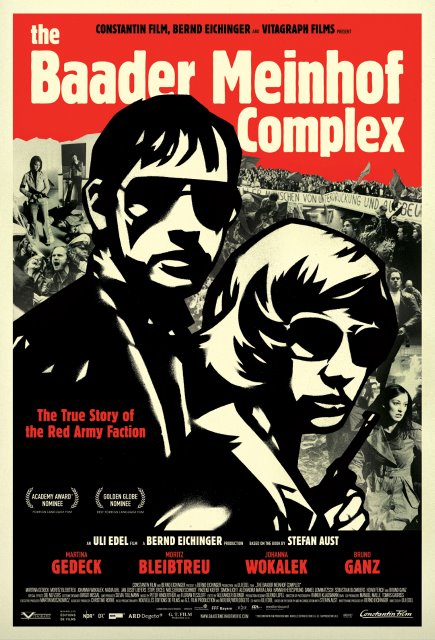A tall, kind, supportive, handsome, dark-haired man with a British accent who looks at the woman that he's with with puppy dog levels of adoration, if Tom (Dan Stevens) seems like the perfect man, that's because he is…for the most part. Unfortunately, however, what he isn't is a man.
A humanoid robot designed to be one hundred percent compatible with Alma (Maren Eggert), a Pergamon Museum academic who has agreed to evaluate Tom for a three week period in order to fund and further her own research into ancient cuneiform writing, although their prospective relationship seems like a joke to the deeply uncomfortable Alma, Tom takes his romantic mission deadly seriously.
From being startled when she gives him his own bedroom instead of sharing a bed with him to being hurt when she's too busy to indulge in a romantic brunch he whipped up for her the next morning, just like we all learn and adapt to our own partners over the years, Tom does as well. Not allowed to tell others that he's a robot, an embarrassed Alma deposits him in a cafe by her work the next day and, just like the metaphorical puppy dog he resembles following his “master” around, Tom happily stands outside in the rain once the business closes and waits for her to return.

Humanistic and true, despite the fact that it deals in the artificiality of technology, acclaimed actress turned director Maria Schrader's German film “I'm Your Man” – which she co-wrote with Jan Schomburg, based on a short story by Emma Braslavsky – begins as a gentle comedy of manners and errors. But, aided immensely by the chemistry of our leads and the fact that the delightful Stevens never once slips and plays Tom with a wink instead of absolutely straight, the film soon modulates into a melancholic, timely meditation of the importance of human affection and connection and a study of loneliness in contemporary society.
Embodied extraordinarily well by Eggert (in a difficult balance of vulnerability and strength throughout), the more we learn about Alma, including the source of her pain and the reason why she's put up so many walls, the more we understand how hard it is for her to knock them down for someone – anyone – let alone a robot programmed to be her dream beau.
Choosing, as we all do, which people we're willing to let into our weird little worlds, Alma is a woman who's been burned in the past. Furthermore, the screenwriters' decision for the film's tech firm to bring to life a mate who, through no fault of “his” own, calls up the mental picture of someone Alma loved when her life was much simpler and everything was in front of her both professionally and personally, makes “I'm Your Man” resonate on a deeper, more universal level than one would assume going in.
While on the lighter side of philosophical, it nonetheless raises valid questions about how relationships build or disintegrate over time as our needs change and how we all walk around with different levels of trauma. Yet Schrader's movie has far less in common with other films about romantic robot surrogates like Steven Spielberg's Kubrickian “A.I. Artificial Intelligence,” than it does with either mythology or George Bernard Shaw's “Pygmalion” (and its musical counterpart “My Fair Lady”).
A critical hit overseas, especially in its native Germany where lead actress Maren Eggert won the first-ever gender-neutral Silver Bear acting prize at the Berlin International Film Festival, although the ending of “I'm Your Man” comes off as abrupt and a bit tonally dissonant with respect to the rest of the film's harmony, it's still a wholly impressive foreign import overall.
Befitting of the phrase “and now for something completely different,” while the tendency would be in America to play the whole thing for laughs, there's something far more refreshing and earnest about Schrader's approach. Following Tom's lead, as you view “I'm Your Man,” it gazes right back at you with interest, hoping that – if you look closely enough – you'll catch not only a flicker of recognition but your whole self reflected back at you as you watch.
Text ©2021, Film Intuition, LLC; All Rights Reserved. https://www.filmintuition.com Unauthorized Reproduction or Publication Elsewhere is Strictly Prohibited and in violation of the Digital Millennium Copyright Act. Also, as an Amazon Associate, I earn from qualifying purchases made off my site through ad links. FTC Disclosure: Per standard professional practice, I may have received a review copy or screener link of this title to voluntarily decide to evaluate it for my readers, which had no impact whatsoever on whether or not it received a favorable or unfavorable critique. Cookies Notice: This site incorporates tools (including advertiser partners and widgets) that use cookies and may collect some personal information to display ads tailored to you etc. Please be advised that neither Film Intuition nor its site owner has any access to this data beyond general site statistics (geographical region etc.) as your privacy is our main concern.





















































